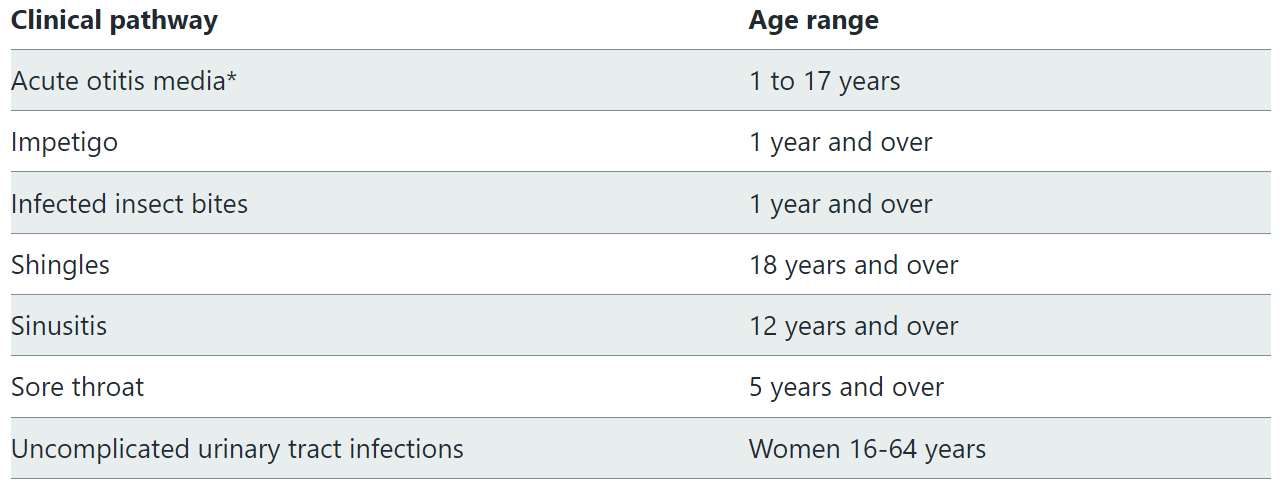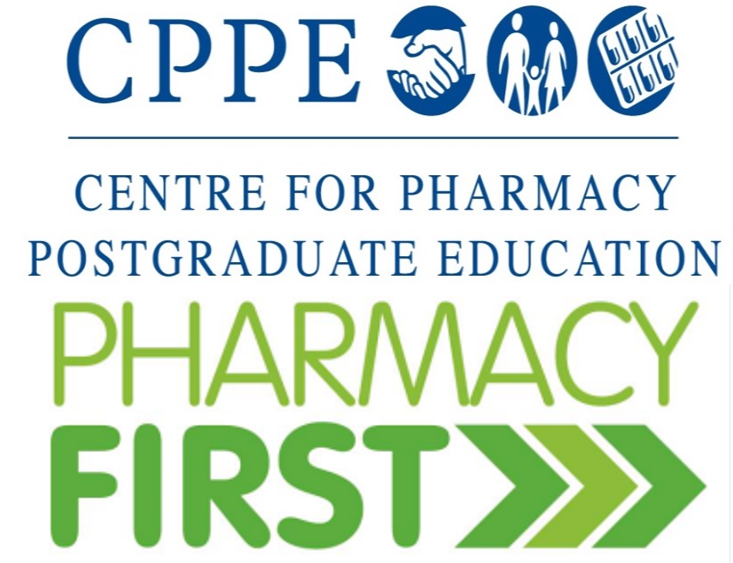Pharmacists
Now that the roles of Pharmacy Technicians roles have expanded into many of the roles historically completed by Pharmacists it has now freed up the Pharmacists time to enhance their own skills and embrace new ways of working.
One of the biggest examples is the fact that pharmacists can now train as independent prescribers. To qualify as an independent prescriber currently, pharmacists must successfully complete a General Pharmaceutical Council (GPhC) accredited independent prescribers programme operated by an accredited training institution. the GPHC Independent Prescriber has more information on this including universities offering this qualification.
After qualification a pharmacist independent prescriber's authority to prescribe is similar to a nurse independent prescriber. They're able to prescribe any medicine for any medical condition within their competence. This includes any controlled drug listed in Schedules 2-5 except diamorphine, cocaine and dipipanone for the treatment of addiction.
As an extension to this the website NHSBA Pharmacy Independent Prescribing informs us that as of September 2026 newly qualified pharmacists will enter the General Pharmaceutical Council register as independent prescribers. There are also many training and education initiatives funded through the NHS England Pharmacy Integration Fund that support the existing community pharmacy workforce to expand their scope of practice, such as independent prescribing and clinical skills training for pharmacists. Equivalents can be found at NHS Scotland Prescribing and CP Wales.
Another quality example is the Pharmacy First Scheme in England. The scheme built on the NHS Community Pharmacist Consultation Service which has run since October 2019. This consultation service enabled patients to be referred into community pharmacy for a minor illness or an urgent repeat medicine supply. The new Pharmacy First service, launched 31 January 2024, adds to the existing consultation service and enables community pharmacies to complete episodes of care for 7 common conditions following defined clinical pathways.

Patients will be able to access the 7 clinical pathways element via referrals from referring organisations including general practice, urgent and emergency care settings, and NHS 111 (online and via telephone). In addition, for the 7 common conditions clinical pathway consultations only, patients can also access the service by attending or contacting the pharmacy directly without the need for referral.
This new service is expected to free up GP appointments for patients who need them most and will give people quicker and more convenient access to safe and high quality healthcare. It also allows great opportunities for pharmacists to upskill and enhance their knowledge, clinical skills, and even boost financial revenue for the business.
The website Pharmacy Schools Council has useful information on future roles of the pharmacist and examples of future roles include:
- Provide expert healthcare with a leading role in the clinical interactions with patients and in the decisions surrounding the patient
- Lead the development of new medicines and their approval, distribution and optimisation in use, creating and using the best available evidence
- Be the pharmaceutical and medicines scientist within the multidisciplinary clinical team with the knowledge and skills surrounding medicines and their use, to be the focus for information and evidence in support of decisions surrounding medicines
- Provide a primary care and public health role to reduce referrals to general practice, hospital readmissions and secondary care referrals. This is achieved through their skills, knowledge and expertise in patient consultation, medicines optimisation and their role in the multidisciplinary teams.
- Advise other healthcare professionals including medical doctors in complex cases of diagnosis, in cases of initial medicine failure and when new therapies become available
- Take a leading role in prescribing medicines and in the training of prescribers
- Be recognised for the high level of education (Masters) they have received and their ongoing professional development and high degree of digital literacy
- Be recognised in workforce planning for their contributions and skills and their positive and cost-effective impact on healthcare delivery and the economics surrounding medicines
- Be recognised within the pharmaceutical industry, related sciences and the international regulatory governance of medicines, as a patient-focused leader of pharmaceutical research, drug development and the introduction of new medicines to the patient
This is clearly a lot different from the community pharmacist of old and shows how the role is changing and continues to change.





